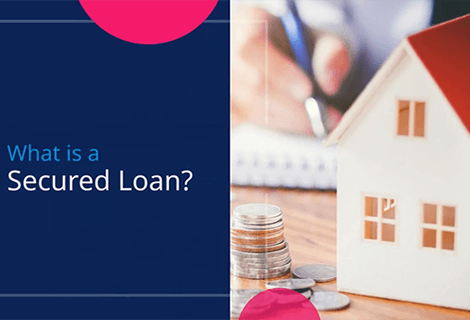What is a secured loan?
A secured loan, also called a homeowner loan or second charge mortgage, allows you to borrow money by using your property as 'security' or 'collateral.'
By offering your property as security, lenders may feel more confident about repayment. This could make it easier to get approved, allow you to borrow more money, and potentially get a better interest rate compared to an unsecured personal loan.
However, keep in mind that if you don’t keep up with repayments, your home could be at risk. So, make sure the loan is affordable and fits your budget before you commit.
With nearly 40 years of experience, we may be able to find the right solution for you. If you’re ready to explore your options, fill out the enquiry form above or give us a call today to see if we can help.
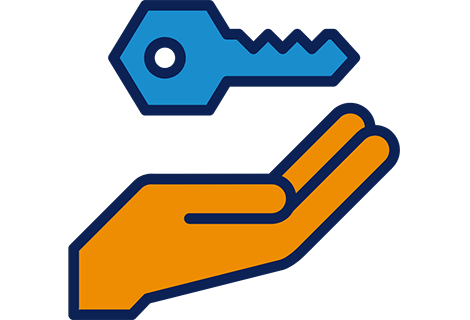
Is a secured loan right for me?
It can be an option for many people, but whether it’s the right choice for you depends on your specific needs. Here are some situations where it might make sense:
- If you've been turned down for a loan elsewhere: If your financial situation is complex and you've been declined for other loans, this option could be easier to get. Lenders are often more flexible and may be willing to help, even if you're considered a higher risk.
- If remortgaging isn't the right option: If you’re thinking about remortgaging to raise extra funds, but are worried about high interest rates or early repayment charges, this could be a suitable alternative.
- If you're struggling to get the loan amount or terms you need: If you’re having trouble finding a loan with the right amount or repayment terms, this option may offer more flexibility. Lenders are often willing to offer larger sums and longer repayment periods.
If you're unsure whether this type of loan is right for you, our UK-based team is here to help. We’re happy to talk through your options and see if we can find a solution that works for you.

What can a secured loan be used for?
You can use them for any purpose (as long as it’s legal)! Here are some common uses:
- Debt consolidation: Struggling to keep up with multiple repayments? This solution can help you combine your debts into one manageable monthly payment. Just be aware that consolidating debt could extend your repayment term and increase the total amount you pay over time.
- Home improvements: Want to renovate or improve your home but you’re having difficulty getting a loan elsewhere? This option could provide the funds you need to add value to your home.
- Dream wedding: Planning your dream wedding but need help with the expenses? A secured wedding loan could give you the support needed to make your big day a reality.
- Education costs: Facing high tuition fees or other education costs? This option can help cover those expenses.
Our qualified advisors have lots of experience helping people find loans that suit their needs. Explore our case studies to see how we've helped others.

How does a secured loan work?
It uses your home, or another property you own, as "security" for the money you borrow. It’s separate from your main mortgage, so it won’t change your current terms.
You’ll make monthly repayments, which cover both the loan and the interest. You and the lender will agree on how long you’ll repay the loan, and you’ll pay a certain amount each month until it’s paid off.
If you want to pay off the loan early, you can usually do so, but some lenders may impose a early repayment charge. Make sure to check for any fees before you sign anything.
The total amount you repay depends on the interest rate. It could be a fixed rate, where your payments stay the same, or a variable rate, which can change based on things like the Bank of England’s base rate.
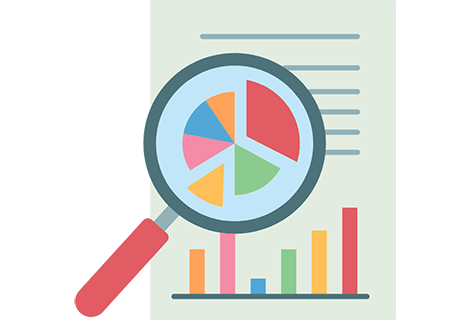
What are the interest rates for secured loans?
The interest rate you’re offered can depend on several factors, including:
- Property value: The higher your property value and the more equity you have in your home, the better the interest rate you may get. Lenders see it as less risky when they have more security (your property), which may lead to a lower rate.
- Credit history: While secured loans are generally seen as less risky because they’re backed by your property, your credit score still plays a role in the rate you’re offered. A higher credit score may help you get a lower interest rate.
- Market conditions: Interest rates can also be impacted by changes in the mortgage market. For example, if the Bank of England’s base rate rises, rates are likely to increase too. Whereas, if the base rate falls, rates may decrease.
Lenders offer different rates, so it’s good to compare your options. We work with a range of secured loan lenders from across the market, so we can offer different rates to fit your needs.
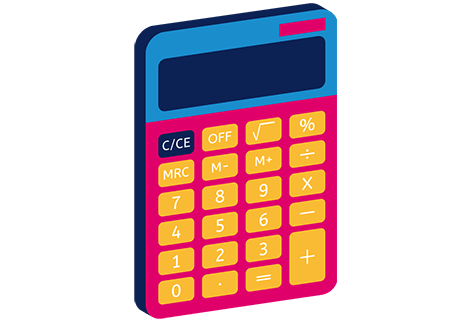
What are the borrowing terms on secured loans?
Secured loan terms can vary, with both short and long repayment periods available.
If you choose a longer term, your monthly repayments will likely be lower, making it more affordable day-to-day. However, keep in mind that you may end up paying more interest overall.
On the other hand, shorter repayment periods usually mean less interest in total, but your monthly payments will be higher. It's important to make sure that you can comfortably manage the repayments, as your home could be at risk if you're unable to keep up with payments.
With options ranging from 3 to 30 years, we may be able to help you find a solution that fits your needs. Before you make your secured loan application, take some time to think about whether a shorter or longer term would be the best fit for you.

How much can I borrow with a secured loan?
We have a range of loan options from £5,000 up to £1 million. So, whatever your plans are, we may have a solution that works for you.
Using your home as security may allow you to borrow larger amounts of money. How much you can borrow depends on what you can comfortably afford, your credit profile, and the equity in your property.
When you apply, we’ll compare all available options to try and find the most suitable solution we have for your situation. While we may not be able to assist in every case, we'll do our best to find an option.
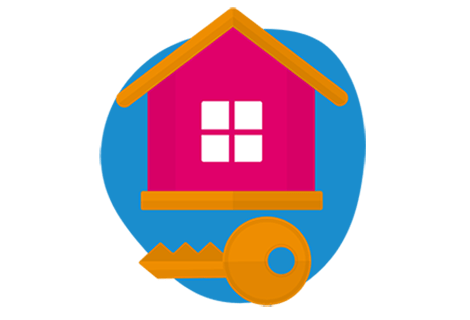
What are the differences between a secured and unsecured loan?
An unsecured loan doesn’t take a property or asset as security. If you miss payments, the lender can’t take your assets to recover the money. Since there’s no security, these loans are riskier for lenders, so they may have higher interest rates. If you have a complex situation, it might be harder to get approved, but improving your credit score may help.
A secured loan uses an asset, usually your home, as security. If you fail to keep up with payments, the lender could repossess the asset, but they’ll typically try other solutions first. Because there’s security for the lender, they are often more flexible and may be more willing to approve the loan.
How do I apply for a secured loan?
Applying is simple. You can begin the process by phone, or you can start to apply for secured loans online. Here’s an overview of how it works:
-

Step 1: Think about what you need
Before applying, take some time to consider how much you’d like to borrow and over what term.
-

Step 2: Get in touch
You can either call one of our experts to discuss your needs or fill in the online enquiry form above, and we’ll call you.
-

Step 3: We’ll try to find a solution
Our advisors will work with you to try and find a suitable option from our panel of lenders.
-

Step 4: Make your decision
If we find a loan, our team will go over it with you. The final decision is yours. If you're happy, you can proceed to get your funds.


